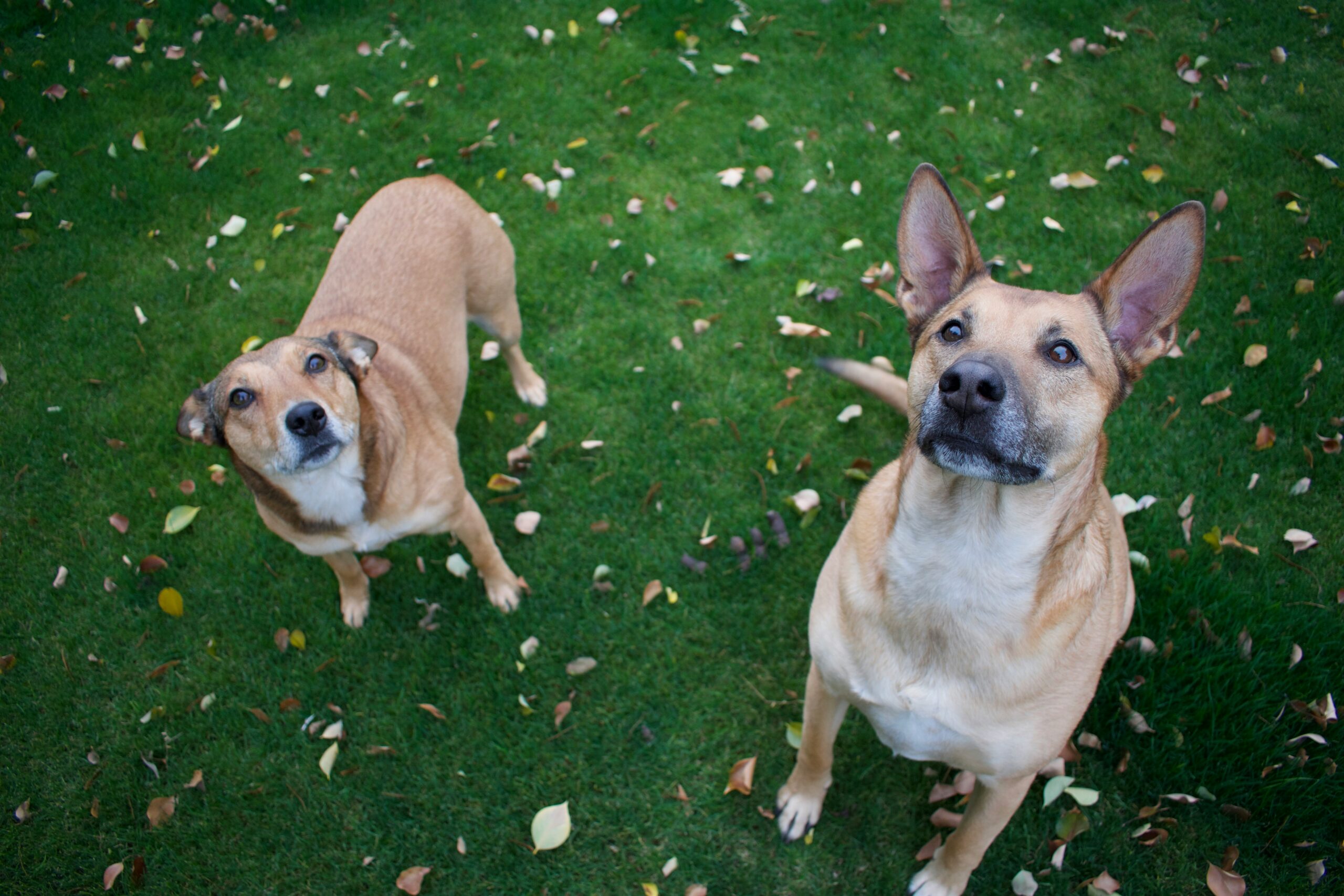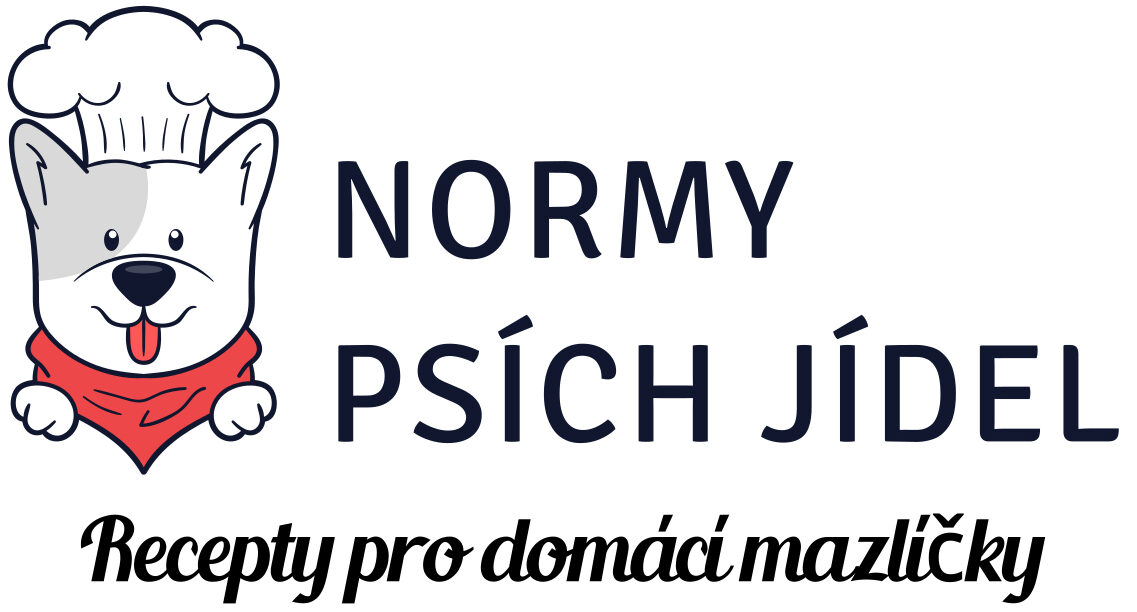In a cooked diet, side dishes should make up 10% of the food portion. But what are the suitable side dishes for dogs that we can offer? In this article, we will explore different suitable side dishes for dogs and how they can contribute to a healthy and balanced diet for our four-legged friends.
Are side dishes in dog food really that important?
When we think about what to feed our dogs, we often focus on main ingredients like meat, grains, and other basic components. However, suitable side dishes can be crucial for a dog’s diet and can bring many benefits for their health and well-being. Side dishes can add variety to a dog’s diet, supplement nutrients, and enhance the flavor of the food, which can be especially helpful for dogs that may be picky or have specific needs. Additionally, side dishes in dog food are an important component to provide a sense of fullness. Dogs feel satisfied after eating them and do not suffer from a constant feeling of hunger.
Side dishes in dog food play a key role in their overall diet for several reasons:
- Digestive Health: Some side dishes, such as cooked rice, can be easily digestible and help maintain a healthy digestive tract for the dog. They are also useful in treating digestive issues.
- Nutritional Balance: The combination of main food components, such as meat and grains, provides the dog with a wide range of nutrients necessary for a healthy life. Suitable side dishes can supplement deficiencies in certain nutrients that may be lacking in the main meal.
- Variety: Offering different side dishes helps provide the dog with a diverse diet. Just like with humans, a monotonous diet in dogs can lead to nutritional deficiencies or even burnout on certain ingredients.
- Support for the Immune System: Some side dishes are very rich in vitamins and antioxidants, which can strengthen the dog’s immune system and protect it from various illnesses.
Given these factors, it can be said that suitable side dishes are not only important but also essential for achieving a balanced and healthy diet for our pets.

What side dishes are safe for dogs?
1. Rice (White and Brown)
Cooked rice is easily digestible, contains fiber, and is rich in carbohydrates, providing energy for dogs. It is especially useful during stomach issues. It has low fat and cholesterol content, making it suitable for dogs that are overweight or at risk of heart problems.
2. Couscous
Couscous is made from small, fine wheat grains. This makes it easily digestible for dogs, which is particularly beneficial for those with sensitive digestive systems. It is also a good source of carbohydrates and has a lower fat content. Couscous contains some minerals, such as iron and zinc, and vitamins like vitamin B3. These nutrients are important for the overall health of the dog.
3. Bulgur
Bulgur is high in fiber and easily digestible, which is beneficial for dogs’ digestive systems. Fiber helps regulate digestion and prevents digestive issues like constipation. It is rich in carbohydrates, contains protein, and has a lower fat content. Bulgur is a source of B vitamins, such as folic acid, as well as minerals like iron, zinc, and magnesium. These nutrients are essential for the overall health of the dog.
4. Barley
Barley grains are relatively easy to digest. They are rich in carbohydrates, contain some protein and fiber, which are important for proper digestion and stool regulation in dogs. Barley is a source of minerals like iron, magnesium, and zinc, as well as B vitamins. These nutrients are vital for the health of the dog’s bones, muscles, and nervous system.
5. Noodles
Noodles are rich in carbohydrates, have a relatively low fat content, and are easily digestible, which can be suitable for dogs with sensitive digestion. It may contain B vitamins, such as folic acid, and minerals like iron and zinc. These nutrients are important for the overall health of the dog. There are many types of noodles, including those made from wheat, rice, or whole grain flour, providing variety in their diet.
6. Oats
Oats are rich in both soluble and insoluble fiber, which is important for healthy digestion and proper intestinal function in dogs. Fiber helps regulate digestion and supports healthy stools. They are also rich in complex carbohydrates, providing dogs with a slow release of energy. Oats are also high in iron, which is important for red blood cell production and oxygen transport in the body. They also contain other minerals such as magnesium, zinc, and phosphorus, which are crucial for the overall health of the dog. Preparing oats is quite simple, and the results are worth it. However, when feeding them in higher amounts, care should be taken to avoid causing weight gain in dogs. Therefore, it is not recommended to feed oats daily.
7. Buckwheat
Buckwheat is a gluten-free grain, which is advantageous for dogs with allergies or gluten sensitivities. It is rich in nutrients like protein, fiber, vitamins, and minerals. It contains especially magnesium, phosphorus, iron, and B vitamins, which are important for the dog’s health. Although buckwheat is whole grain, it is easily digestible for dogs, making it beneficial for those with sensitive digestive systems. Buckwheat also contains antioxidants, magnesium, phosphorus, and iron, which are important minerals for the health of the dog’s bones and muscles.
It is important to ensure that carbohydrates are fed to dogs in reasonable amounts and in suitable forms. Excessive carbohydrate intake can lead to weight gain and diabetes in dogs, so it’s essential to follow recommended serving sizes and choose healthy sources of carbohydrates.

